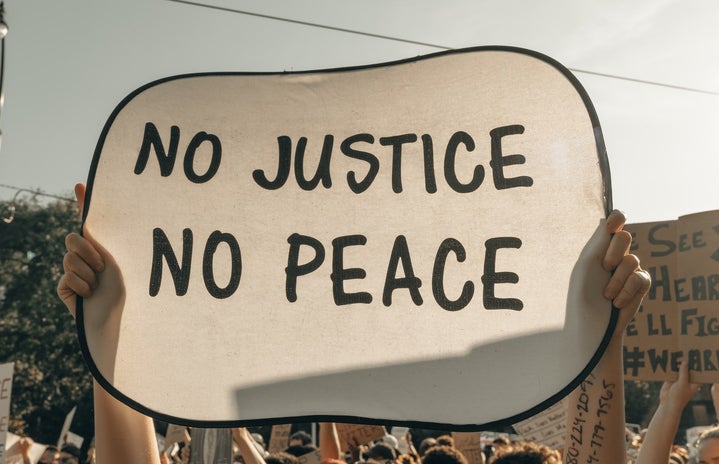After 20 years of war, the Taliban captured most of Afghanistan and celebrated the departure of United States forces while forming a new government. Unlike the harsh treatment imposed during the Taliban’s rule from 1996 to 2001, the group promises an inclusive government with less restrictive laws; however, many Afghan women are apprehensive and mistrustful that they will lose the many rights they have fought to gain over the past few years.
While these new policy claims could seem potentially promising, there are increasing reports that this messaging is propaganda rather than ideology. Furthermore, history seems to repeat itself as the Taliban have begun to force women to stay home from work temporarily for “security reasons,” but this same practice was implemented during their previous reign and never lifted. Other previous and current restrictions include being escorted by a male figure, the forced wearing of the hijab, and media limitations.
This sudden layoff from the workforce, specifically women in authority positions, is troubling as 2,390 people work for the municipality, 27% of whom are women. Not only are these limitations affecting adult women, but new guidelines are being introduced to prevent young girls from attending school and or separating them from the males in their classes, signaling the end of the 20 years of previous freedoms and prosperity as a country fighting for women’s rights.
Despite the growing tension and incidents of Taliban violence, women from Kabul flooded the streets earlier this month to protest the infringement on their rights. Women held posters demanding women keep seats in the cabinet after the most recent ruling, yet many Taliban members set off to destroy them and even attacked a male ally.
Unfortunately, the Taliban will fail to meet international human rights law obligations even if they comply with their most moderate statements. Additionally, Afghanistan is bound by the United Nations Convention on women’s rights which requires governments to ensure women’s “human rights and fundamental freedoms on a basis of equality with men.” International law protects women’s right to dress as they please, live where they want, move freely, engage in any occupation, be free from violence, and make sexual and reproductive choices.
As a result of the U.S. pulling troops out of the country, “The U.S. and its allied partners are losing leverage to provide humanitarian assistance inside the country, given the Taliban’s catastrophic takeover,” Shamiran Mako says. Nonetheless, Afghanistan is a poorer country that relies on international support to run its government, and the Taliban will likely have to cooperate to receive any further assistance.
While citizens around the world watch the situation unfold, the women of Kabul hold on to the hope that they can with signs that read “We have been through war, and conflict too, why should we be removed entirely from politics?” Until more concrete policies have been set by the Taliban, the safety and livelihood of these women must remain a priority for global leaders to guarantee the country does not take a step back to its previous inequitable state.


